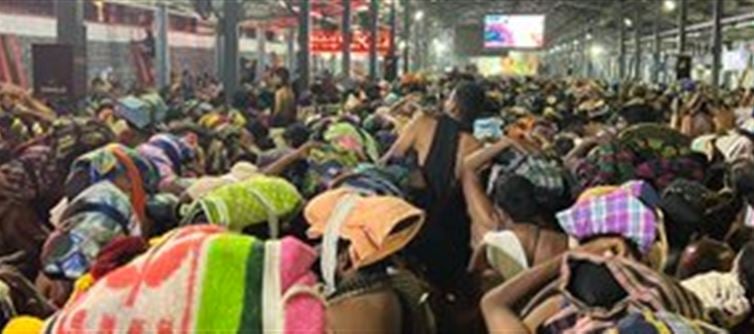
The 2024 sabarimala season has once again exposed the widening fault lines between political rhetoric and administrative reality. While ruling leaders repeatedly claim they “respect faith” and “ensure smooth darshan,” the ground tells a harsher story: 15-hour queues, severe water shortages, unhygienic toilets, and even live electric cables left exposed along the pilgrim route. These failures are not accidental. They reflect a political structure where responsibility is routinely diluted across departments — Devaswom Board, police, KSEB, water authority — ensuring no single authority ever faces consequences.
What makes the crisis more alarming is the timing. With election cycles approaching, political parties appear more invested in symbolic temple politics than in building infrastructure that protects the lives and dignity of devotees. Leaders rush to issue statements about “massive crowd influx,” yet there is no audit of past recommendations, no accountability for poor planning, and no transparency on how temple revenues are spent. This selective urgency reveals a clear incentive: extract political mileage from the shrine’s religious significance, while diverting attention from chronic administrative decay.
The real question is uncomfortable but unavoidable: Is sabarimala being protected as a sacred space, or exploited as a political prop with no regard for the people who keep its traditions alive?




 click and follow Indiaherald WhatsApp channel
click and follow Indiaherald WhatsApp channel